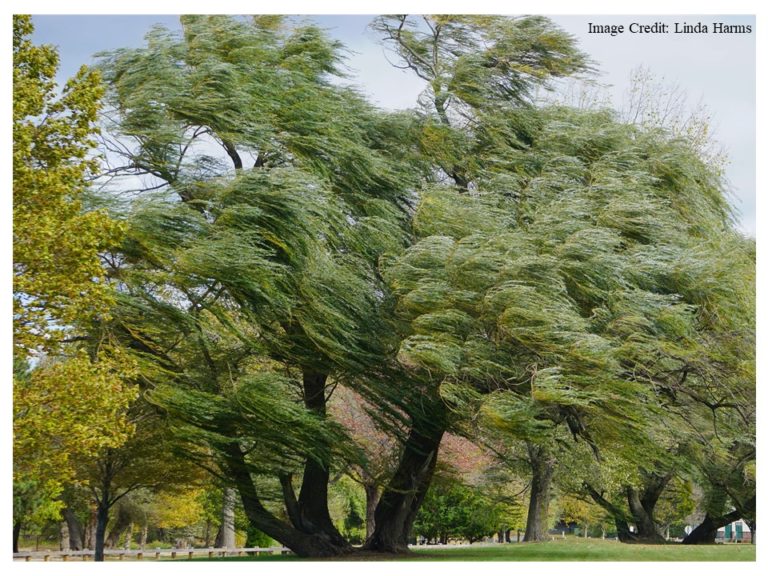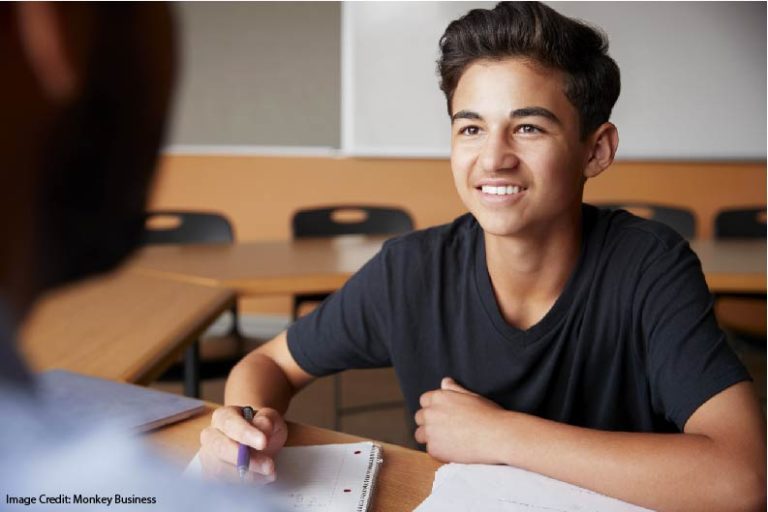Tags
ADHD adolescence attention autism book review boundary conditions classroom advice conference speakers constructivism/direct instruction creativity desirable difficulty development dual coding elementary school embodied cognition emotion evolution exercise experts and novices gender high school homework intelligence long-term memory math methodology middle school mind-wandering mindfulness Mindset motivation neuromyths neuroscience online learning parents psychology reading retrieval practice self-control skepticism sleep STEM stress technology working memoryRecent Comments
- How to Present at a Conference... |Education & Teacher Conferences on Enjoyment or Skill? The Case of Reading
- How to Present at a Conference... |Education & Teacher Conferences on Do *Goals* Motivate Students? How about *Feedback*?
- Roberta on Seriously: What Motivates Teachers to Be Funny?
- Revisiting the "Handwriting vs. Laptops" Debate: More Moving Goalposts |Education & Teacher Conferences on Handwritten Notes or Laptop Notes: A Skeptic Converted?
- The Power Of A Growth Mindset: How Students Can Overcome Challenges - Sunshine Blessings on The Rise and Fall and Rise of Growth Mindset
ABOUT THE BLOG
Tag Archives: skepticism

Read This Post with Your Right Brain First…
My Twitter feed is suddenly awash with one of those “how does your brain?” work…

You Should Not (or Should) Let Your Students Take Pictures...
Back in October, I wrote a blog post about a surprise: it turns out that…

Warning: Misguided Neuroscience Ahead
I recently ran across a version* of this chart: As you can see, this chart…

When Analogies Go Wrong: The Benefits of Stress?
An amazing discovery becomes an inspiring analogy: Researchers at BioSphere 2 noticed a bizarre series…

When Do We Trust the Experts? When They Don’t Trust...
Back in 2010, three scholars published a widely-discussed paper on “Power Poses.” The headlines: when…

“Compared to What”: Is Retrieval Practice Really Better?
When teachers turn to brain research, we want to know: which way is better? Are handwritten…

The 10-Minute Rule: Is The Lecture Dead?
The “10-minute rule” offers teachers practical guidance. It typically sounds something like this: If students…

When Evidence Conflicts with Teachers’ Experience
Here’s an interesting question: do students — on average — benefit when they repeat a grade?…

EduTwitter Can Be Great. No, Really…
Twitter has a terrible reputation, and EduTwitter isn’t an exception. The misinformation. The name-calling. The…

How Psychologists and Teachers Can Talk about Research Most Wisely
Dr. Neil Lewis thinks a lot about science communication: in fact, his appointment at Cornell is…
